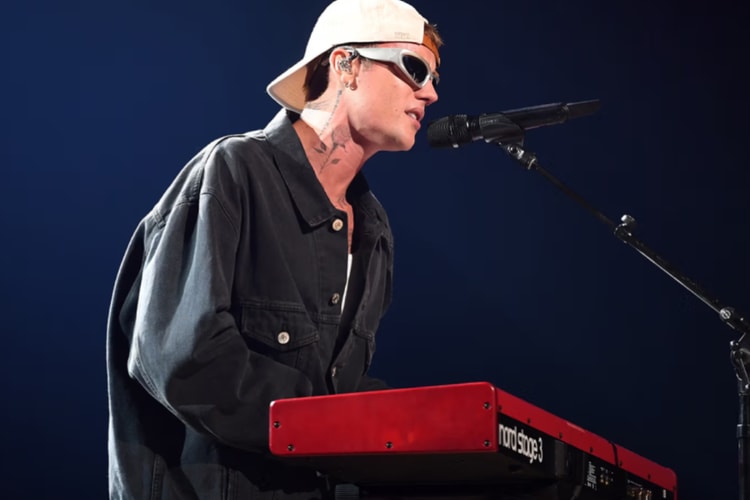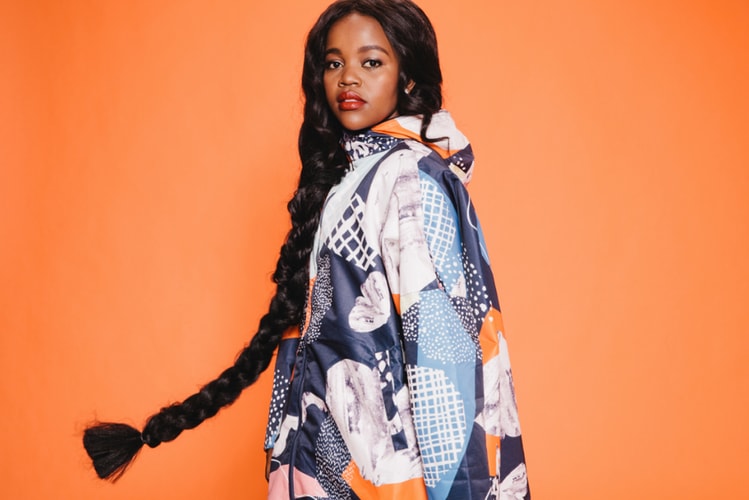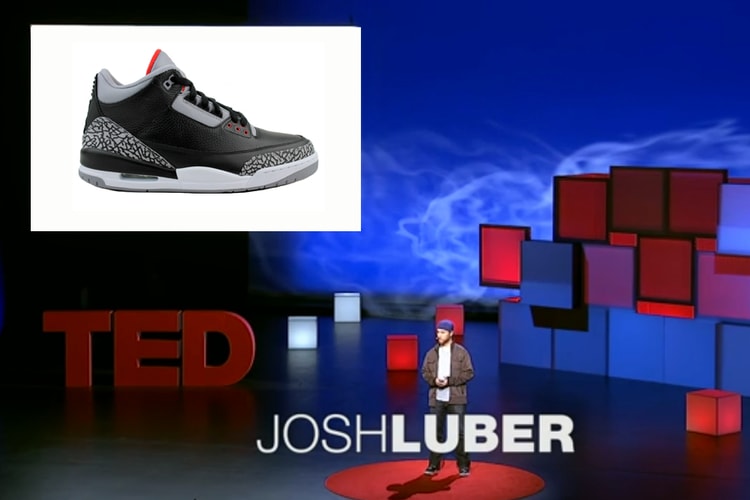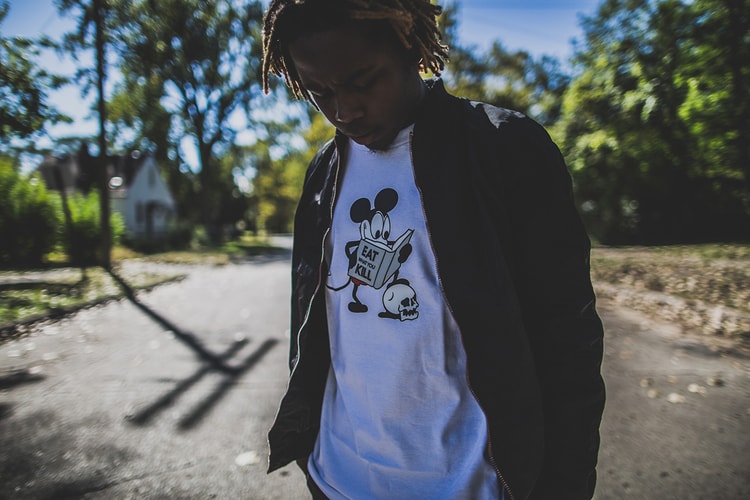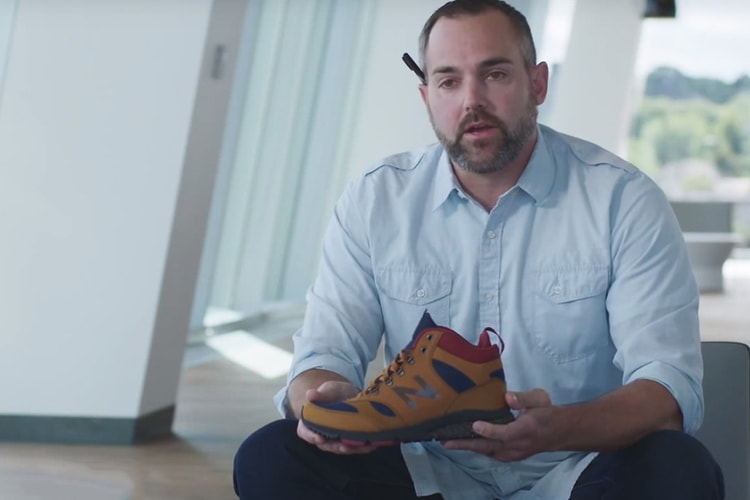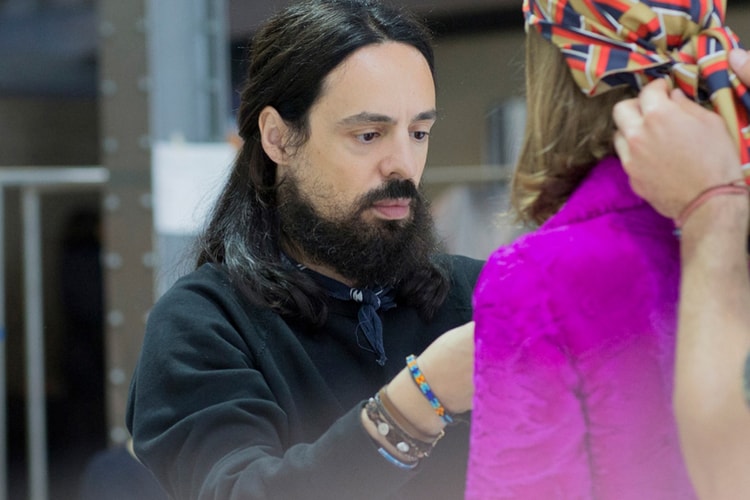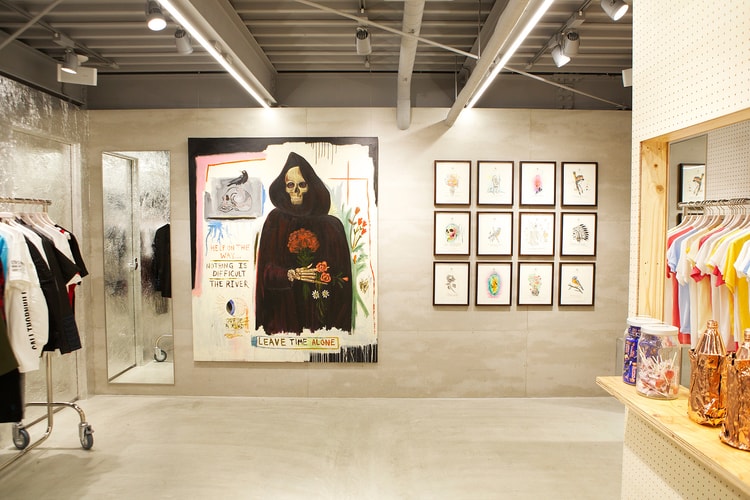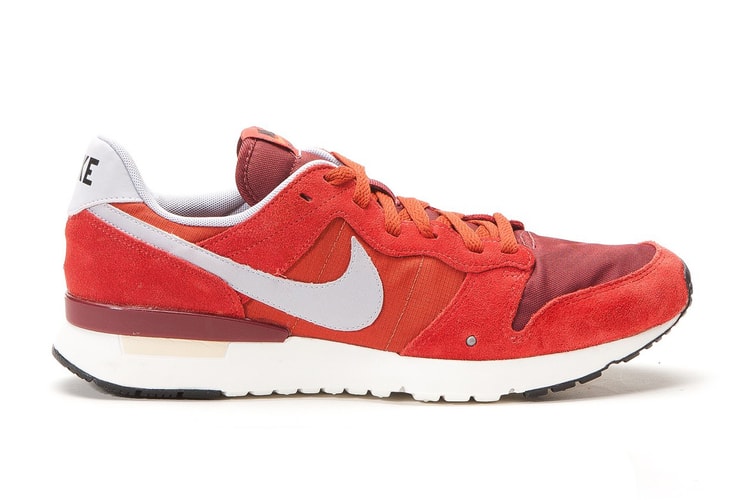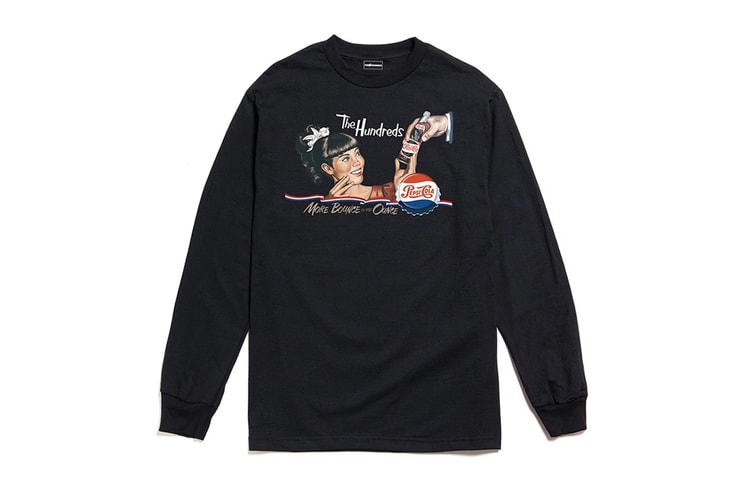Here's What We Think of Justin Bieber's New Album 'Purpose'
How we heard it.
2010 was a simpler time. Skrillex was making dubstep, Nas was working with Damian Marley, Big Sean was living out his dream working with Kanye, and everyone over the age of 14 could agree that Justin Bieber sucked. No two ways about it, those were the facts. Bieber’s video for “Baby” released in February of that year didn’t become the most disliked video on Youtube by accident. But time has muddied what was once clear. The dark forces of the music industry have worked their magic to produce Purpose, Justin Bieber’s fifth full-length album that somehow unites all of the above-mentioned talent. It goes without saying that the Bieber on Purpose is a “new” Bieber. Gone are his days of egging houses, speeding, smoking weed, and any other of the number of teenage antics we so enjoyed watching grainy TMZ-watermarked footage of.
Now at the ripe age of 21, Justin Bieber has embarked on the next phase of his career, transitioning out of the “fuck you” Bieber of his late teens to a more repentant and reflective early 20s Bieber. The Bieber who narrates Purpose is still young enough to connect with emotionally stunted teens, but old enough to bring some wisdom to the table this time. Purpose is his reset button, a bland mesh of pop/R&B/hip-hop/electronic music that seeks to bring Bieber back to square one reputation-wise. The extent that it does so is dependent on how offended you were when TMZ alerted you that Bieber had kissed a stripper’s boobs or attacked some paparazzi. If the answer is “not very,” prepare to be underwhelmed by his apologies for doing so.
In leaving behind the less desirable traits of earlier Bieber and filling in the holes with new producers and more guest features, Purpose feels watered down and spineless. Everyone seems to be having fun on the album except for Bieber, who spends most of the time bemoaning a relationship gone south, of which he is to blame. Ultimately, it’s the songwriting that brings the album down. His lyrics unabashedly drip with the pathetic form of faux-regret that only male pop stars can profess with a straight face. The second verse of the soon to be soundtrack of a mental health PSA “Life is Worth Living” contains an extended metaphor analogizing winter weather to sour relationships that begins with “relationship on a ski slope / Avalanche comin’ down slow / Do we have enough time to salvage this love?” and only gets worse. The pre-chorus to the supposedly sympathy-inducing ode to the challenges of celebrity “I’ll Show You” is so vague it renders the entire song meaningless. “It’s like they want me to be perfect / When they don’t even know that I’m hurting,” he moans.
American celebrity is fickle and Justin Bieber isn’t oblivious. It takes a special kind of artist to get attention for (and thus benefit from) acting out in public only to then put the apology in song form and sell it right back to the people who were laughing at his deposition video. Unfortunately, Purpose does that in the most boring way possible. A number of songs would sound more or less the same with any number of artists filling in for Bieber. “No Pressure” would fit Usher or The Dream nicely, “No Sense” is calling Trey Songz’s name, “Get Used To It” would fit any number of the faceless EDM vocalists that populate Avicii and Calvin Harris songs, the list goes on.
The high points of the album come from the production side. Purpose is the epitome of what pop production should be: a wide range of genres smoothed at the edges and mashed together in the name of accessibility and mass appeal. Dancehall, R&B, rap, acoustic, EDM, and the tragedy that is tropical house are all blended together, backed up by some intricate swirling synths that Bieber first introduced on Journals. “Trust” is going to fly under the radar but it’s a perfect pop interpretation of the current neo-soul revival. Buzzing saw basslines anchor the track while fluttering piano arpeggios cascade in the background over a rocking 808 rhythm. Bieber, for his part, contributes his usually breathy vocals but they fit better with a syncopated beat as opposed to the locked-in four on the floor of tracks like “Get Used To It” and “Been You.”
What makes Justin Bieber such a compelling artist is his embodiment of what “superstardom” does to a growing boy. His successes, failures, outbursts, relationships, mistakes, and entire life have been followed by millions for the last six years. It’s all been a huge show since he was 15 and amidst the voyeurism sometimes we do forget that he’s real. But we shouldn’t need a song like “I’ll Show You” to remind us of that. Ironically, “I’ll Show You,” and Purpose as a whole tell us but refuse to show us that Bieber has matured. Only a 21-year old would be able to write a song like “Love Yourself” thinking they’ve come out on top. This stage of Bieber is of course temporary, once he hits his mid-20s things will really pick up and get interesting. Perhaps his flirtations with hip-hop will manifest themselves in a more complete form. Maybe he’ll do a funk album. The future is wide open at this point, but first we have to get through a few heartfelt apologies for all the people whose houses he egged and hearts he broke.
Words by Grant Fox


















